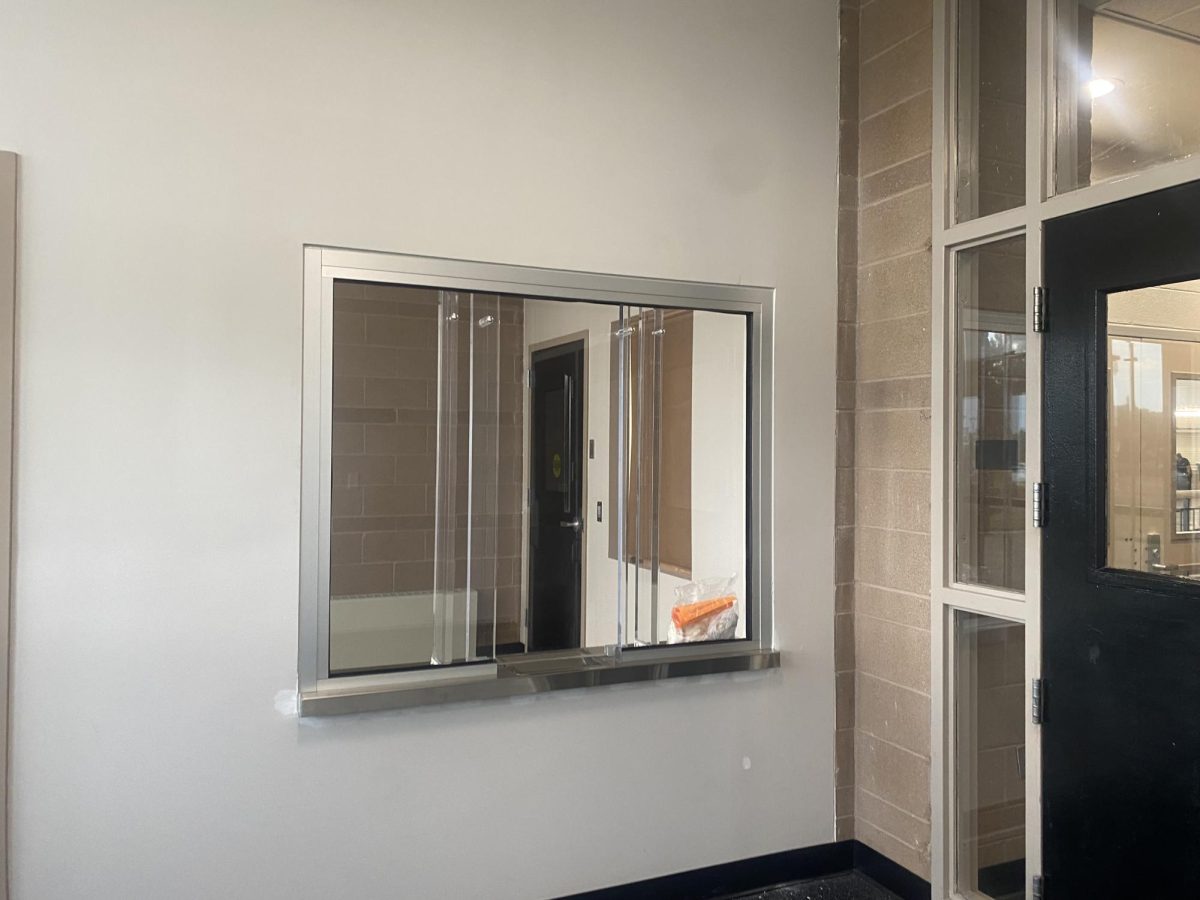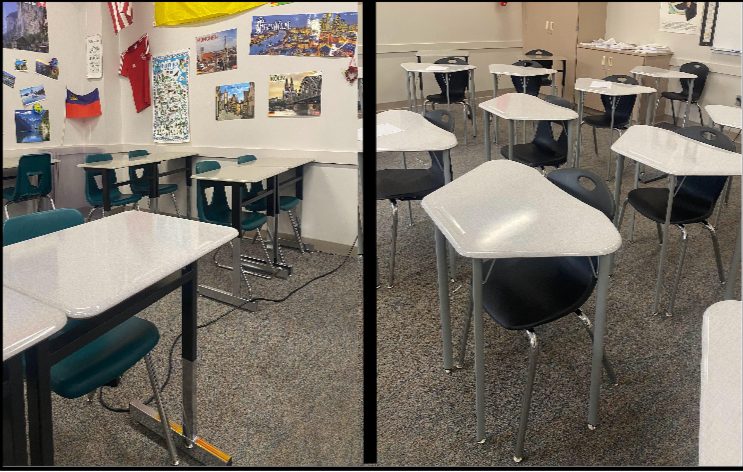Grandview buzzes returning from spring break with the end of the year just in sight. Whether it’s a recent vacation, prom, sports, or exams, every student has something on their mind. Inevitably, teachers are concerned about distractions derailing their classrooms, especially as motivation dwindles. To reconcile this, the English department has enacted a new cell phone policy where all phones must be collected at the beginning of class.
According to Grandview English teacher and Department Coordinator, Ann Manchester, this was decided during a faculty meeting after teachers expressed feelings of disengagement and low interactions within their classes.
“It was just the lack of engagement on the student’s part because they hide earbuds in their ears. They are constantly on their phones, and I am just sick and tired of fighting that battle. Phones need to be put away,” said Manchester.
Further, Manchester worries about phones limiting peer connection. She emphasizes that the main goal of this policy is to return excitement and interrelations to Grandview.
“I want kids to talk to kids again. I’m just over that, you know? Kids are halfway through the class and don’t know each other’s names,” said Manchester.
Many students have spoken about the unexpected opportunities that have come with the new policy.
Sophomores in Matthew Varca’s Honors English class, Edna Tilahun and Emersen Fischer, were asked about their initial reactions about the no phone policy. At first they thought it seemed harsh, yet unsurprising. Many teachers began “cracking down” on phones prior to this policy, causing students to feel unfairly punished. However, their perspective soon changed.
Through a class election, Tilahun, Fischer, and Wren Howe were selected to represent their classmates when negotiating their opinions and questions to Mr. Varca- an English teacher. Along with these class speakers, a mediator was brought in from Denver University to act as the middleman.
Tilahun states, “I think it was nice that instead of immediately prohibiting us from using our phones, he gave us an opportunity to make this a learning experience, rather than making it seem more like a punishment.”
This agreement outlined rules such as, phones being out of sight during lectures and permitted during individual or group work. While any class could come to a compromise, every student must be willing to part with their phones for a portion of the class.
Although there are mixed reactions to the new phone policy, many students and faculty agree it’s beneficial to academic performance. However the most agreed upon idea by students is that they want a say in what happens to their phones and the appropriate consequences for those disregarding the policy.
Every class will vary on phone usage and may not require strict discipline, however, it provides a uniform policy for the whole school. This not only supports teachers in their classrooms but also provides an opportunity to repair attention spans. Something that is steadily declining due to cell phones according to American Psychologists (APA).
“We’re hoping for engagement and interaction, which I think leads to student achievement,” said Manchester.



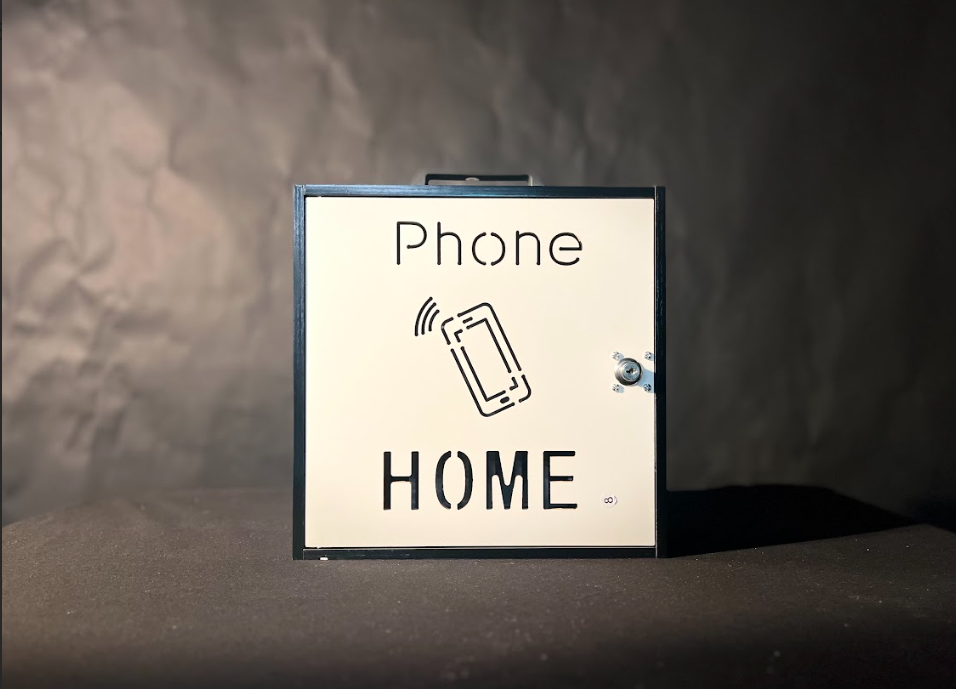
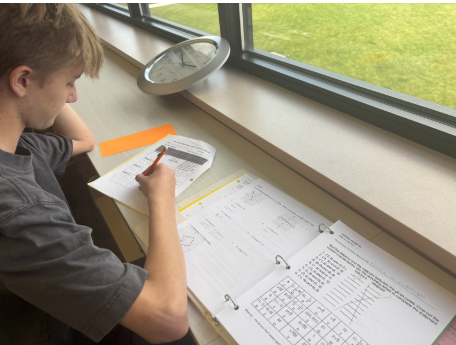
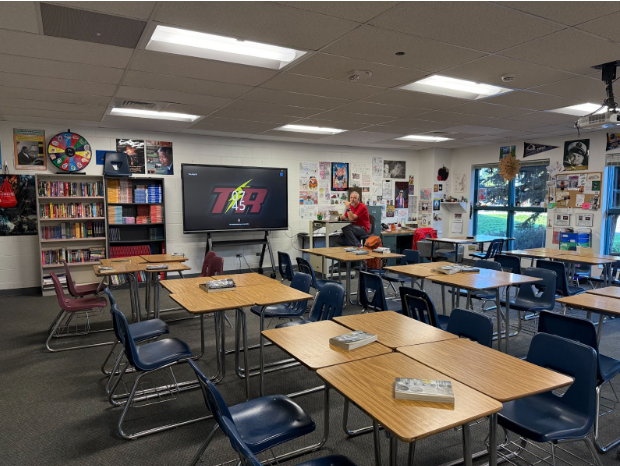


![A Vest Won’t Protect You [OPINION]](https://ghschronicle.com/wp-content/uploads/2025/09/KoltonZuckerVestPosterOffWhite.png)
